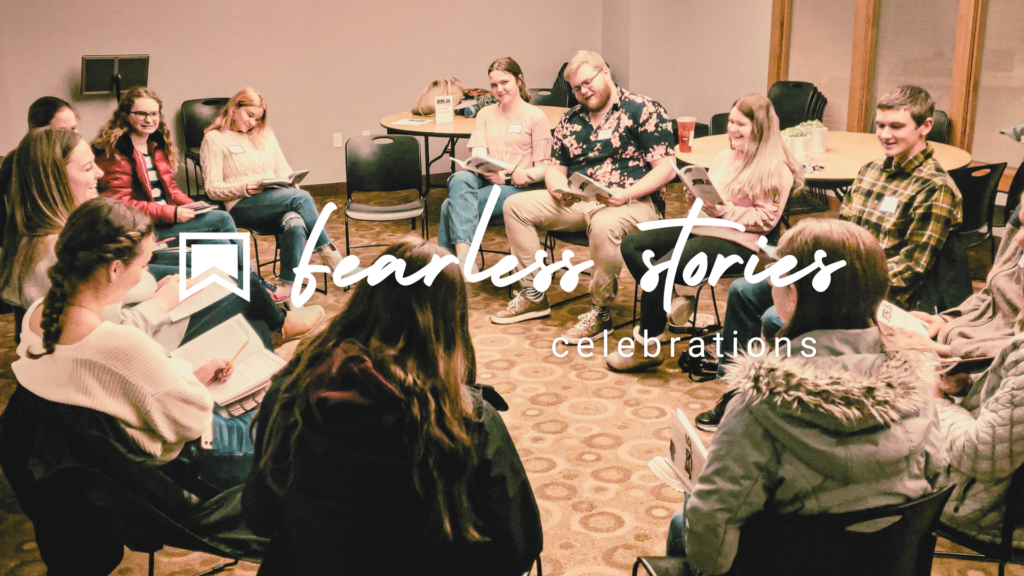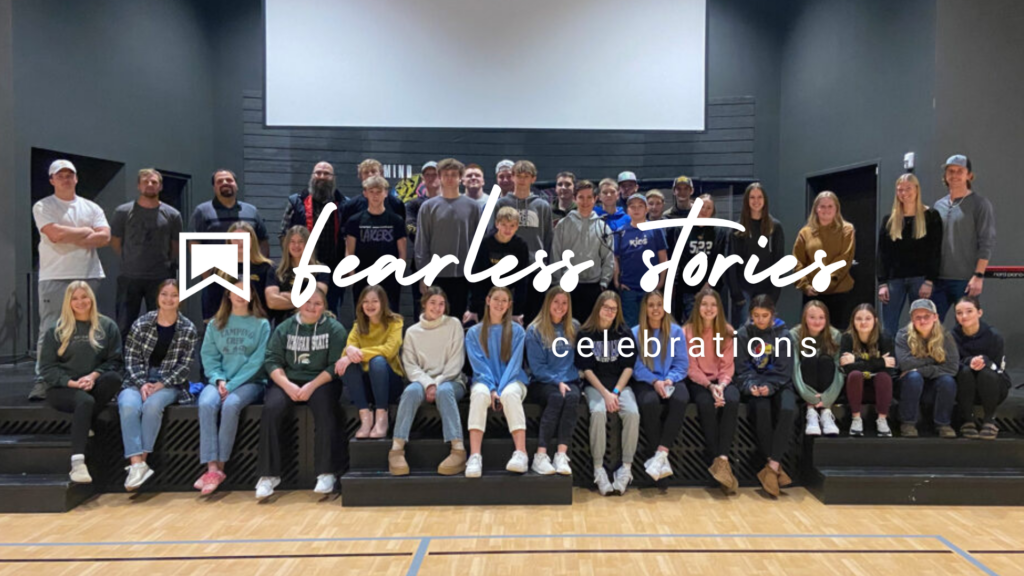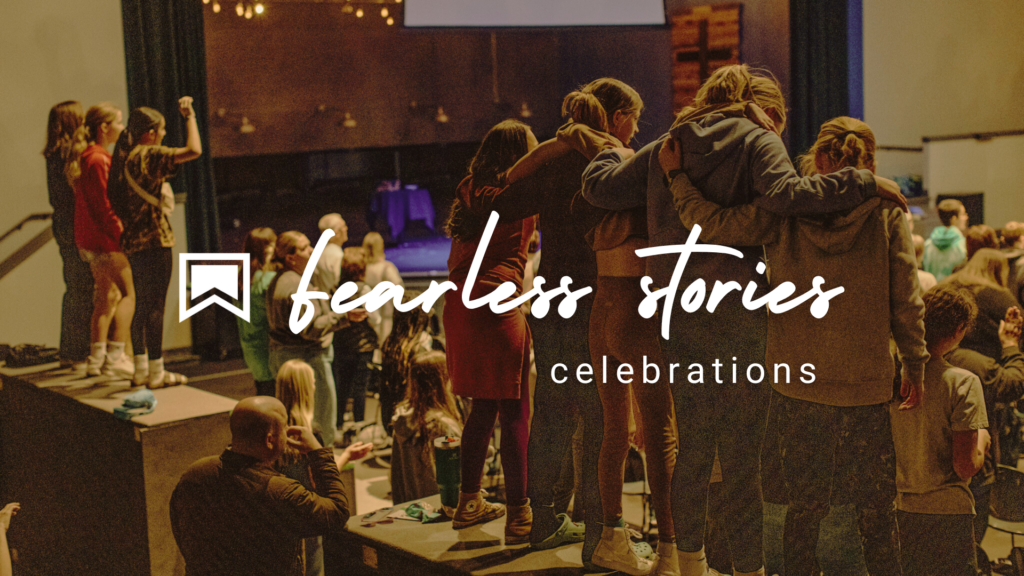Fearless Followers,
I am still reeling as I recall the images of George Floyd’s death earlier this week. Like any of you who saw the video or heard the story, I was horrified and distressed at his cold-hearted and senseless killing by four Minneapolis police. This was not an accidental killing by an officer who used poor judgement in a split-second, life or death moment, rather this was a slow eight-minute strangling of a man face-down on the pavement and handcuffed who, along with onlookers, pleaded for his life until he lost consciousness and died. It was a brazen act of brutality.
What makes this act so much more grievous is that it was a white police officer who killed a defenseless black man. It comes on the heals of another killing of an unarmed black man, Ahmaud Arbery, who was shot and killed February 23 by two or three white men and subsequently covered up by local authorities until the video of the killing was leaked in May. (I would hope it goes without saying, I in no way believe this act is representative of the attitudes and actions of the vast majority of police personnel in our country.)
These killings have brought racism to the forefront of our conversations (of course, racism is not unique to the U.S. as virtually every culture throughout history has dealt with forms of racism). While there are many beautiful and admirable attributes about the United States, racism was woven into the fabric of our country from the on-set and continues to be a stain on our national identity.
The reason I am writing this to you, brothers and sisters in the Fearless Family, is to ask the question, “As a follower of Jesus, how should I respond to these terrible displays of racism and to racism in general?
The Bible, and especially the New Testament, hits racism head-on and it is worthy of a look. Let me give you two important examples. Jesus was a Jew who lived in first century Palestine where the dominant culture was Jewish. Atrocities of racism against the Jews have been horrific for thousands of years, but during this time and place the Jews had the upper-hand and were guilty of discrimination based on race. In particular, they discriminated against the Samaritans who lived just north of Jerusalem (they were considered half-breeds) and the Gentiles (non-Jews) who lived in Palestine and beyond. The racist term “dog” was used by Jews in referring to Gentiles.
The first example comes in John 4 when Jesus has an encounter with a Samaritan woman. In short the story goes like this… Jesus decides to travel through Samaria and is alone at a well when a Samaritan woman comes to fetch water. He asks her for a drink which surprises her because she is a Samaritan “for Jews do not associate with Samaritans.” Jesus moves the conversation toward a salvation invitation and makes clear that she is welcome into his Kingdom. The woman returns to her village and compels the townspeople to come see Jesus for themselves. In the end, Jesus and the disciples stay two days and many in the village believe in Jesus. The Samaritans are the first ones to call Jesus the “Savior of the world” (John 4:32) and to believe in him as such. To make this connection with the Samaritans, Jesus had to challenge several Jewish racist norms; traveling in Samaritan territory, talking to them, staying in their homes, eating their food and most of all extending salvation to them. Later Jesus doubles down on his embrace of the Samaritans by telling the story of the Good Samaritan in Luke 10.
Jesus also challenged racist attitudes toward the Gentiles during his ministry, but the most dramatic example of embracing the Gentiles occurs in the early years of the church. A few years after Jesus’ resurrection the Gospel starts to spread in earnest to the Gentiles. Jewish Christians have accepted the idea that Jesus is the savior of the Gentiles as well as the Jews, but many of them also believe that a Gentile has to convert to Judaism to become a follower of Jesus. This means following the Old Testament law (The Torah) which contains all kinds of required regulations. Missionaries to the Gentiles, like Paul, find that Gentiles who are enthusiastic to accept and follow Jesus are much more hesitant to convert to Judaism… especially the part about circumcision. A huge debate starts in the church regarding whether the Gentiles need to accept and live by the Torah to follow Jesus. Remember, at this point the whole leadership team of the church is Jewish and have been raised on the Torah. In Acts 15, the church leadership makes the tremendously courageous and controversial decision to embrace the Gentiles without requiring them to become Jewish. This is so monumental, that Paul refers to this as the “mystery of Christ” and states that only through God’s incomparable power is the joining of Jews and Gentiles into the same body possible (Ephesians 3).
As I reflect on racism and consider how the church started and how our country stated I realize they have completely different foundations. As Americans we suffer from racism at our roots. It has been part of culture from the beginning and we are reminded of it all the time. But, starting with Jesus, racism is called out and rejected. The intentional embrace of racially diverse people marks his ministry. His first followers made the fearless decision to have a church free of racism. Our heritage as believers is one that stands for embracing people who are racially diverse and attacking racism when we see it playing out in the church and society.
With this said I want to ask you to consider reflecting on two questions. I have been asking myself these questions as well.
- Am I racist?
I know that is a harsh question and all of us want to answer it immediately with a resounding “No!” However, it is likely that we have some racist inclinations and, perhaps, behaviors. This is part of our “flesh” and the Holy Spirit is working in us to transform us into the likeness of Christ. We need to start with self-reflection if we want to deal with racism in a Christ-like manner.
Being non-racist doesn’t mean seeing no color. I’ve heard some of us who are white, trying to emphasize we aren’t racist, “I don’t even see color.” Of course, we do… and we should! God created us to delight and embrace not only people different from us, but the differences themselves. The variety of body image, background and perspective are all gifts from a God who delights in diversity and wants his church to be diverse. Being racist means being hostile or repelled by the differences; being Christ-like means enjoying and embracing the differences.
Some questions you might ask yourself…
- Is there any group of racially different people I am prejudice against?
- Do I hear myself using words like “us” and “them” when talking about people from a different race?
- Do you, or would you, have a close friendship with someone from a different race?
- Do you find yourself uncomfortable or suspicious when in the presence of people who are racially different?
- Do you support your children playing with kids who are from a different race?
- Would you support your adult child marrying someone from a different race?
The second major question I’d like you to consider, I personally find even more challenging. The thought was provoked by a statement I heard this week, “In a racist society, it is not enough to be non-racist, we must be anti-racist.” Jesus and the early church leaders were not just non-racist they were anti-racist. In other words, they actively engaged in knocking down systems and behaviors of racism and pursuing courageous and creative ways to generate harmony between people of different races.
- Am I anti-racist?
This is what we as followers of Jesus are called to be. It is not enough to say I’m not part of the problem and take a backseat. We are called to be anti-racist and to pursue active reconciliation.
Here are some questions I ask myself and I especially would like my white brothers and sisters to consider…
- Do I see racism as a non-issue, or a minor issue, in the country because it doesn’t personally impact me?
- Am I truly listening and trying to understand people of color when they describe racism from their perspective?
- Do I pushback on racist statements or behaviors by others I know? (Obviously, this must be done with wisdom.)
- Do I actively pursue relationships with people of color? (This can include friendship, hiring, working for and including.
- Will I take time and energy to take up the struggle for people of color to become fully equal in my neighborhood, my church, my city and my country?
As the Senior Pastor of the Fearless Family of Churches I want our communities not only to embrace all racial diversity, but to fight for racial equality. For two years, a group of fearless followers have gathered on a regular basis to address racial reconciliation within our church. I love being part of that team. However, it will take all of us to create the kind of Christ-centered fellowship that truly reflects the heart and beauty of the perfect community God has in mind.
I looked again. I saw a huge crowd, too huge to count. Everyone was there—all nations and tribes, all races and languages. And they were standing, dressed in white robes and waving palm branches, standing before the Throne and the Lamb and heartily singing:
Salvation to our God on his Throne!
Salvation to the Lamb!
Revelation 7:9-10
Following Jesus and Fearlessly Making Him Known,

Senior Pastor
Fearless Family of Churches
Additional Resources To Consider:Books
Gracism – David A. Anderson
The Color of Compromise – Jemar Tisby
Book and Organization
Be The Bridge – Latasha Morrison



